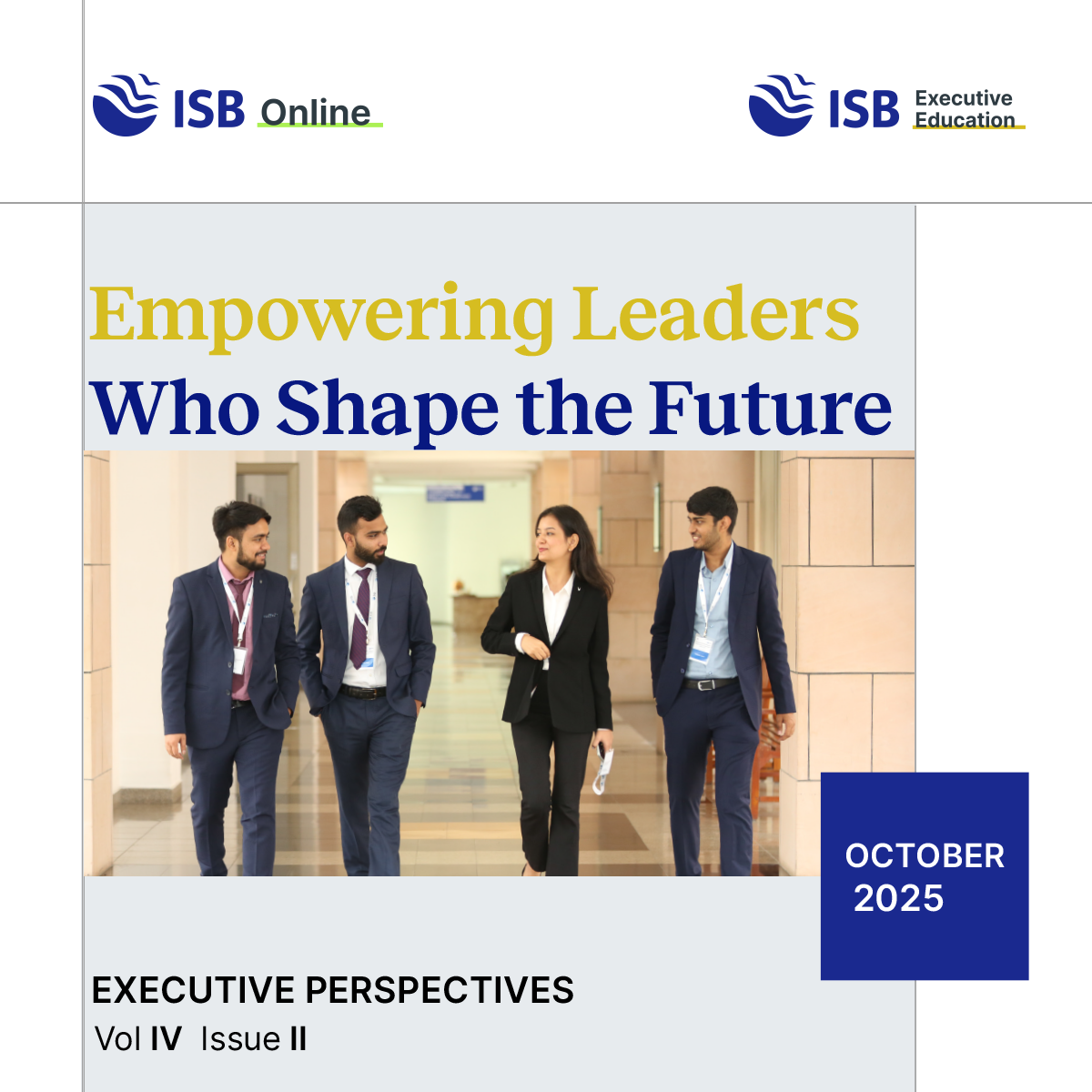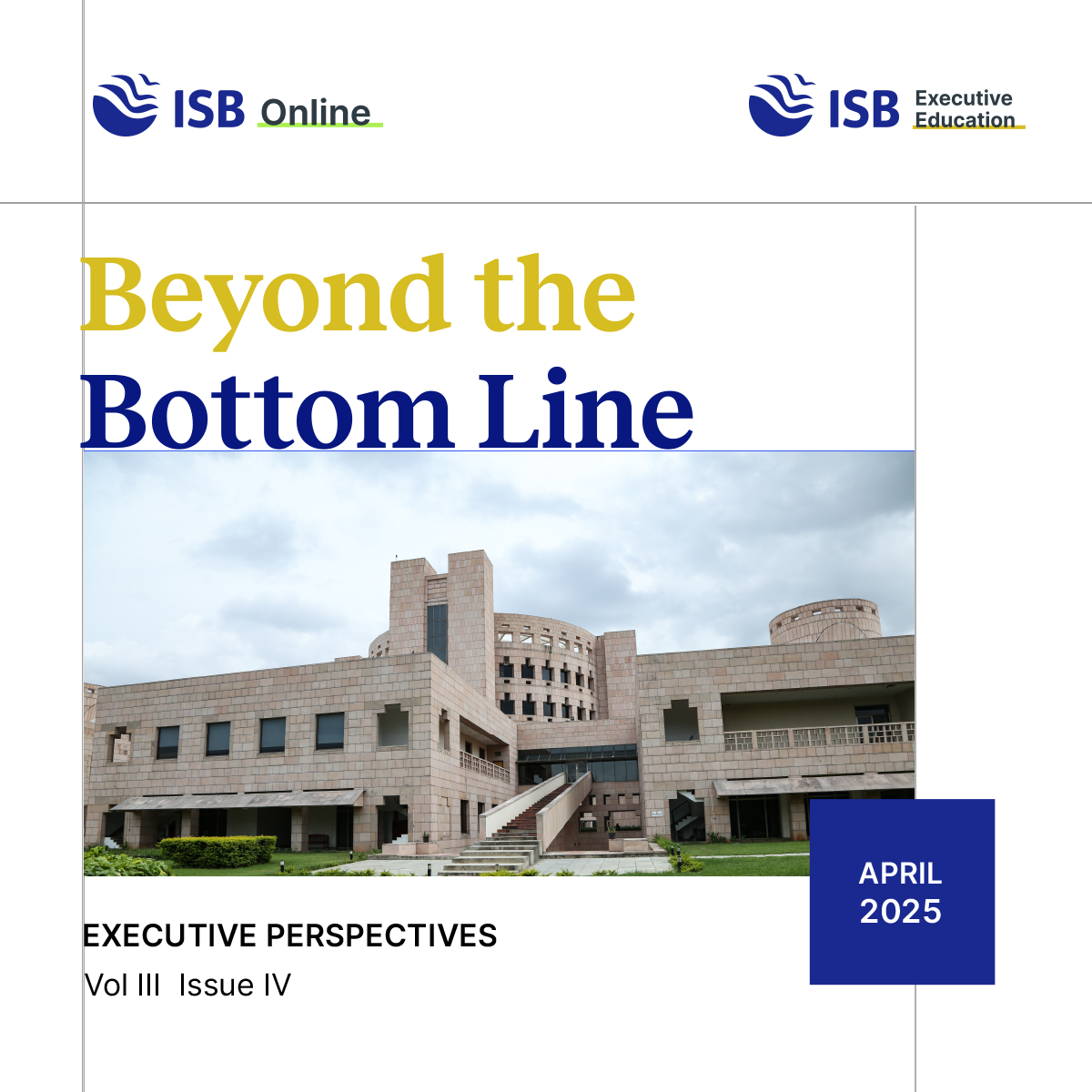ISB Executive Education Search
No record found
ISB-NUS Global Advanced Management Programme
ISB-NUS Global Advanced Management Programme
-
DatesFeb 22 - Jun 28, 2026
-
Duration4 months
-
Fee₹12,75,000 + taxes (As Applicable) ($14,850* + taxes)
-
FormatOn-Campus and Live Virtual
- Apply Now
Summary
India's pivotal role in the global economy demands senior executives with strategic, multifaceted leadership skills. The ISB-NUS Global Advanced Management Programme uniquely combines local insights with global expertise, empowering leaders to seize India's momentum and excel in global opportunities.
Key Benefits
The programme offers a unique blend of leadership development, strategic insights across data, AI and tech, sustainable value creation and regulatory frameworks intersecting with business realities necessary to make the right investments for maximum return on capital and build distinctive competitive strength. The programme has been meticulously designed along four dimensions critical to excel as a leader – 1) Leader as a decision architect, 2) leader as a strategist, 3) leader as a motivator, 4) leading in the business environment.
Key Takeaways
The programme will help you define and measure strategic leadership competencies for innovation while architecting and implementing a holistic enterprise strategy and developing inclusive, transparent and value-driven processes.
- Lead your organisation effectively in today’s disruptive business landscape
- Benefit from insights from the world’s most influential, globalised country
- Equip yourself for the challenges of global business environments
- Gain sharp industry insights from within a fast-growing emerging economy
- Master modern frameworks for strategic thinking and change management
- Reflect upon your business, its activities, and your career as a business leader
- Understand yourself, your leadership characteristics, and your competencies better
Is This Programme For You?
The programme offers a multidisciplinary approach to cultivating the right skill sets. It focuses on unearthing intrinsic knowledge and skills, sharpening and augmenting them to help senior executives lead in uncertain environments with certainty.
The programme is best suited for:
- Seasoned leaders who hold C-suite positions in established firms
- CEOs, founders of mid-sized firms
- Global strategy leaders, board members, or senior management executives with extensive experience across diverse industries
- Senior executive looking to play a significant role in shaping the growth strategy of their firms will also find this programme useful
Personal Leadership: Leading In a VUCA World
Personal leadership begins with influencing and inspiring oneself - the basis for leading others. In a VUCA world, leaders must navigate cognitive demands, emotions, and relationships to build trust and collaboration across diverse stakeholders. This module develops deliberate calm through dual awareness, learning agility, adaptability, and emotional regulation to handle unfamiliar challenges. Participants reflect on habitual behaviours, learn to shift towards optimal responses, and strengthen their ability to influence without authority. Learning methods include case work, role plays, film-based discussions, and guided reflection to deepen insight and application.
Global Marketing Strategies in a Digital World
This module delves into the critical role of insights, creativity, and behavioural economics in shaping successful global marketing strategies in an increasingly digital environment. Participants will explore how to gather, interpret, and leverage consumer insights to inform innovative marketing practices. The module will also examine the profound impact of technology on the ideation process and how digital marketers are using behavioural economic principles to influence consumer behaviour in global markets. Through case studies, group exercises, and discussions, participants will gain the practical tools and knowledge needed to thrive in the evolving digital marketing landscape.
Strategy Formulation and Execution in Dynamic Markets
Participants will learn about a robust set of tools to explain performance differentials between firms. They will develop the skills needed to analyse strategic issues that firms face, gain the ability to derive strategic insights from data, and become familiar with formulating strategic recommendations that enable firms to overcome challenges in implementing them successfully.
Macroeconomic Environment
External Shocks Affecting Business: Participants will understand a firm’s external environment and its impact on their strategies and performance. We will examine how key macroeconomic variables, such as interest rates, inflation, and fiscal policies are determined. Subsequently, how these factors impact firm decisions and overall economic growth. Finally, we delve into the complexities of global markets and their implications for firms’ operations, specifically global monetary policy spillover and GVCs.
Critical and Integrated Thinking: Through case studies and practical applications, participants will develop the analytical skills and strategic acumen of external environment necessary to thrive in an increasingly interconnected and competitive global business environment.
Masterclass - Industrial Revolution - Digitalisation and Transformation in Asia
The module will provide an overview of industrial revolutions and implications. With macroeconomic uncertainties, Industry transformation and technology disruption coming together, companies need to think about how to prepare and respond, especially as industry lines blur and new entrants emerge.
We will look at trends around technology disruption, business models around digitalisation, and how companies are implementing digitalisation and transformation in Asia
Insight session with guest speak/company visit
Decision Models and Biases
Understanding cognitive biases and decision models is crucial for making rational choices. This module will explore these concepts in depth, providing strategies to mitigate biases and improve decision-making effectiveness. Participants will learn how to assess bias affecting decisions and derive decision models for their organisation.
Data Science for Executives
This module provides senior leaders with essential foundations in data science and its role in strategic decision-making. It explores how analytical models and AI-driven tools enhance judgement, reduce bias, and strengthen business decisions. Insight sessions and case discussions illustrate how data science can be applied across functions to drive performance and support digital transformation.
Digital Transformation in the Age of AI
This module touches upon the transformative impact of AI on digital transformation, exploring how AI enables automation, enhances efficiency, fosters innovation, and creates intelligent systems that learn and adapt responsibly. By embracing AI technologies and leveraging data-driven insights, participants will discover significant opportunities to unlock new levels of operation to lead their organisations effectively in the digital age.
Creating a Sustainable Organisations
In this module, we will adopt a problem-based approach to create a sustainable organisation amidst the global sustainability era. We will consider the Asian regional aspirations and regulations to address key concerns, particularly climate change and transition. The module will set the basis to execute the core economics, environmental, social and governance (EESG) domains. We will discuss best practices and recent research findings on sustainability applications. The underlying application will be for the contemporary commercial settings across multiple industries.
Value Creating Financial Strategies
Resource allocation decisions of investors and creditors depend on reliable and relevant information about firms’ financial positions, profitability, and risk. Financial reports prepared by firms are a key source of this information. This module tries to equip participants with value-creating financial strategies by using financial information of a firm and its competitors. The module also introduces the role of industry and market environment on firm value. Participants learn about various financial accounting tools, competitive strategy framework and their application for making more effective business decisions and communicating the same to the stakeholders.
Government, Society and Business
The module is designed to help participants understand how political, social, and economic institutions affect business decisions and outcomes. It will stimulate thinking on why public institutions are necessary from a business perspective, evolution of private and public institutions in a dynamic environment, and the reciprocal relationships between government and business in the larger context of social and economic development.
Panel Discussion
Industry Visit/ Industry Speaker
Stakeholder Management
The module will explore sustainable value creation and generative leadership, starting with understanding the purpose of business, as seen from the viewpoint of various stakeholder groups. Participants learn what responsible leadership means in this context and define ‘Sustainable Value Creation’ and the inherent tensions.
Corporate Responsibility and Ethics
The module explores how we can evolve a common ethical framework and juxtapose this with the stakeholder requirements of sustainable value creation. Participants will delve into several case studies to examine how these frameworks can be applied.

Anjal Prakash
Associate Professor of Clinical (Research), ISB

Deepak Jena
Assistant Professor of Strategy, ISB
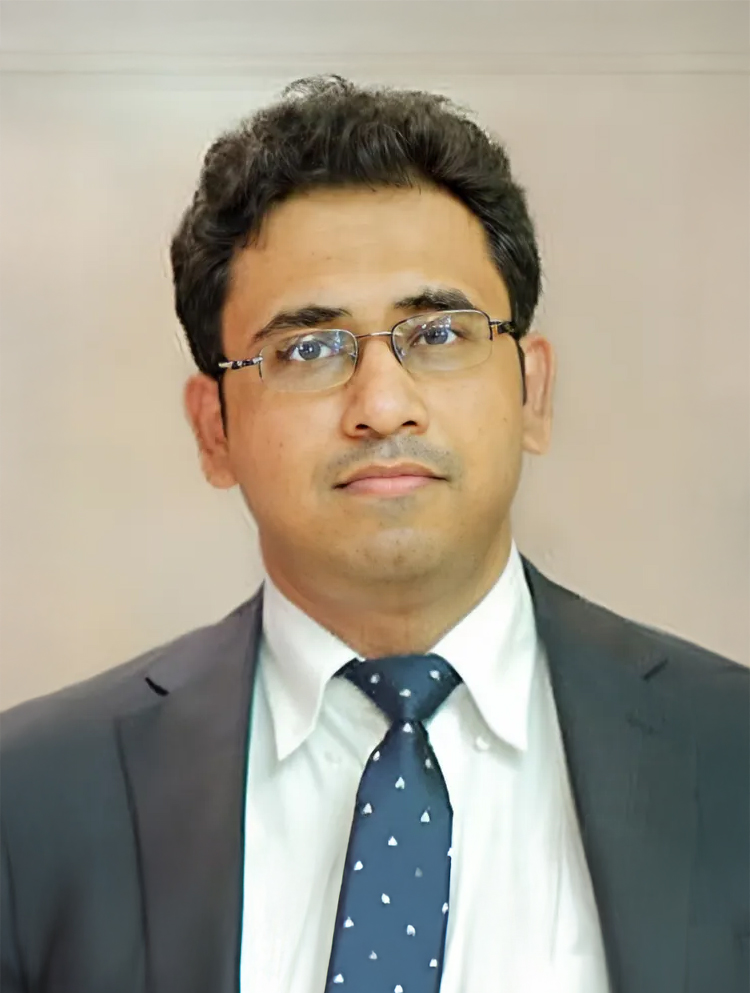
Harsh Gupta Madhusudhan
Visiting Faculty, ISB

S Ramnarayan
Visiting Faculty, ISB
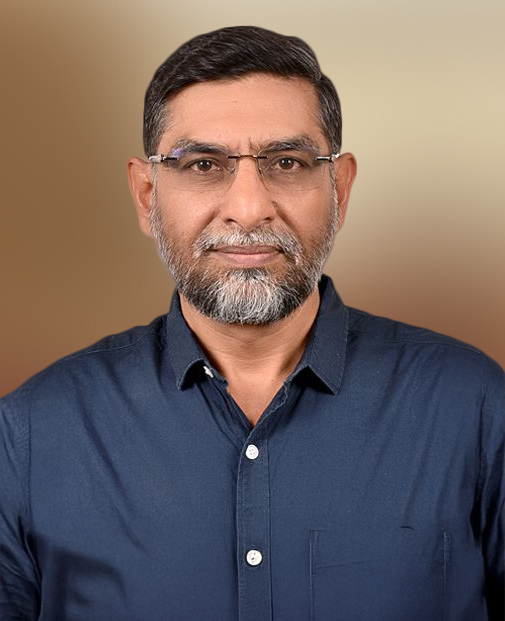
Nitender Dhillon
Visiting Faculty, ISB
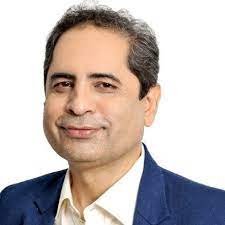
Harish Raichandani
Visiting Faculty, ISB
Ranjan Banerjee
Vice Chancellor of Nayanta University, Visiting Faculty, ISB

Puay Guan Goh
Associate Professor of Analytics and Operations, NUS Business School

Lawrence Loh
Professor Strategy and Policy, NUS Business School
Director, Centre for Governance and Sustainability

Jussi Keppo
Head, Analytics and Operations, NUS Business School
Research Director, Institute of Operations Research and Analytics

Hong Ming Tan
Senior Lecturer Analytics and Operations, NUS Business School
Research Fellow, Institute of Operations Research and Analytics
ISB Executive Alumni Benefits
On successful completion of this programme, participants gain the ISB Executive Alumni status. The privileges of this exclusive community include:
- Access to the Executive Alumni portal
- Access to ISB Executive Education support team over email
- ISB Executive Alumni Credentials: ISB Email ID
- Access to ISB Executive Network LinkedIn Group
- 10% discount on ISB Executive Education programmes
- 20% discount on ISB Online programmes
- Masterclasses led by faculty and industry experts
- Newsletters
- ISB Executive Alumni are eligible to receive access to select of ISB research, information, and resources, upon request
Avail early enrolment benefit by applying before Dec 25, 2025
Download Brochure
By filling-out this form, you agree to receive calls from our Programme Advisory team, guiding you about the programme journey.
You also agree to receive emails about ISB Executive Education programmes, events and knowledge content.
You can opt-out at any time. Indian School of Business is committed to protecting your personal information and respecting your privacy.

